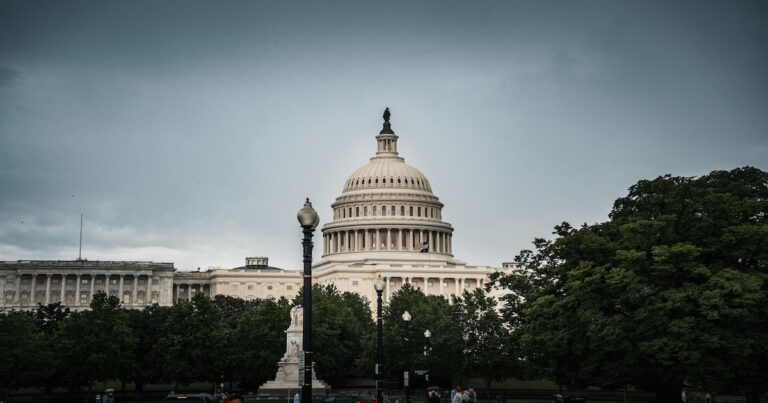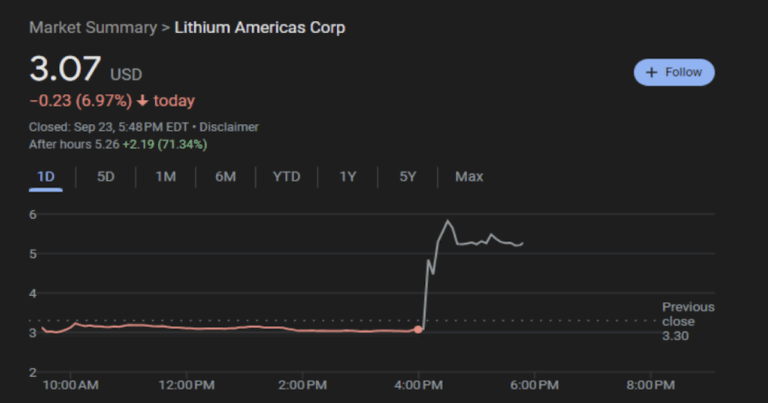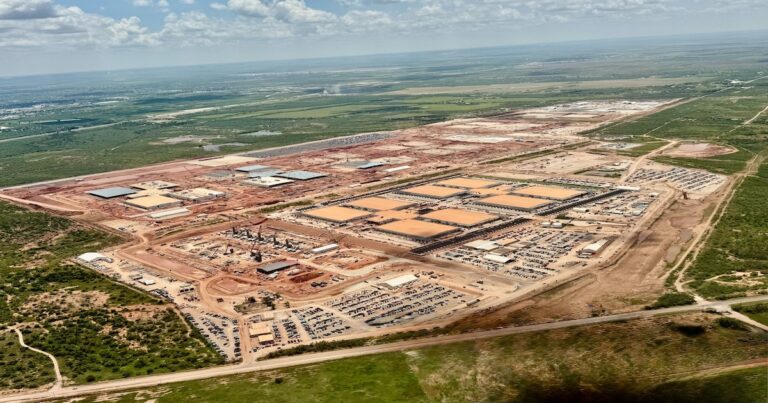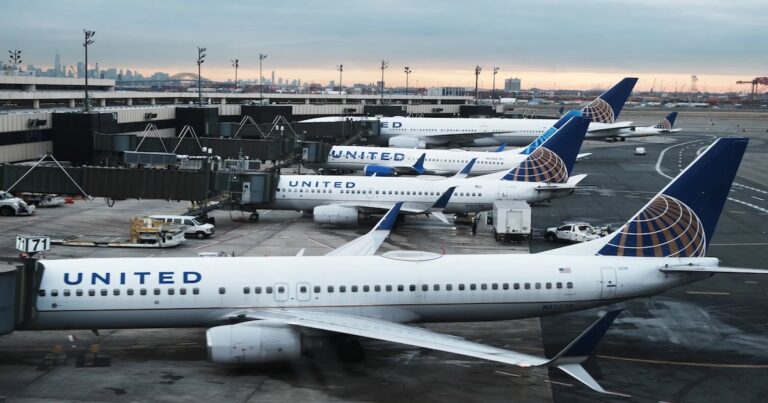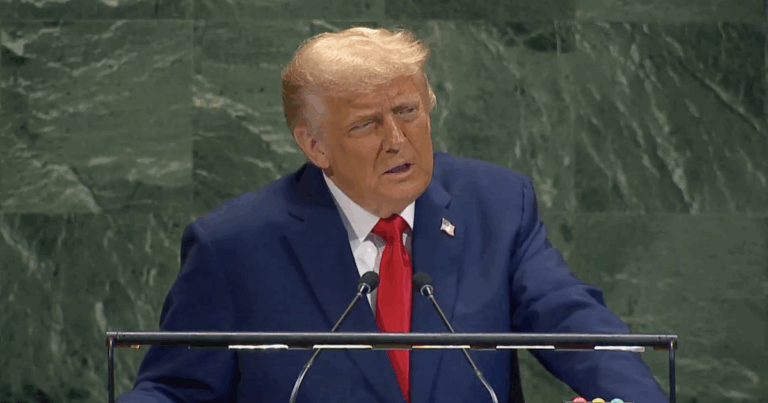Key Takeaways
- Record Participation: Over 2,300 entrepreneurs will gather in Washington, D.C. on Oct. 29–30 for the largest Goldman Sachs 10,000 Small Businesses Summit to date.
- Proven Impact: Since 2010, the program has invested $750 million, graduated 17,000 businesses, supported 245,000 jobs, and driven $17 billion in annual revenue.
- Policy & Growth Focus: Business owners will push for pro-growth policies on Capitol Hill while learning practical strategies to scale with capital access, workforce competitiveness, and AI adoption.
Wall Street giant Goldman Sachs is putting small businesses front and center. Next month, the firm will host its largest-ever 10,000 Small Businesses Summit in Washington, D.C., bringing together more than 2,300 entrepreneurs for two days of learning, networking, and straight talk about the future of American enterprise.
The October 29–30 event will feature heavy-hitter speakers including Goldman CEO David Solomon, SBA chief Kelly Loeffler, Olympian Michael Phelps, Home Depot co-founder Ken Langone, and CEOs from Hess, Chobani, Anastasia Beverly Hills, and more. The focus: giving small businesses the tools to scale—capital access, workforce competitiveness, and practical strategies to harness artificial intelligence.
“For 15 years, this program has been about impact,” Solomon said. “With more than 2,300 small business owners already committed, this gathering will be a celebration of the program’s 15 years of driving impact.”
Since launching in 2010, Goldman has invested $750 million into small business growth. More than 17,000 companies have graduated, supporting over 245,000 jobs and generating $17 billion in annual revenue. The results speak for themselves: within six months, 66% of alumni report revenue growth, 44% add jobs, and 85% collaborate with fellow grads.
This year’s summit also takes the fight to Capitol Hill, with entrepreneurs demanding a seat at the table on policies that affect their bottom line. And they’ve earned it. Small businesses create 9 out of every 10 new jobs in America, proving yet again they are the true engine of economic freedom.

